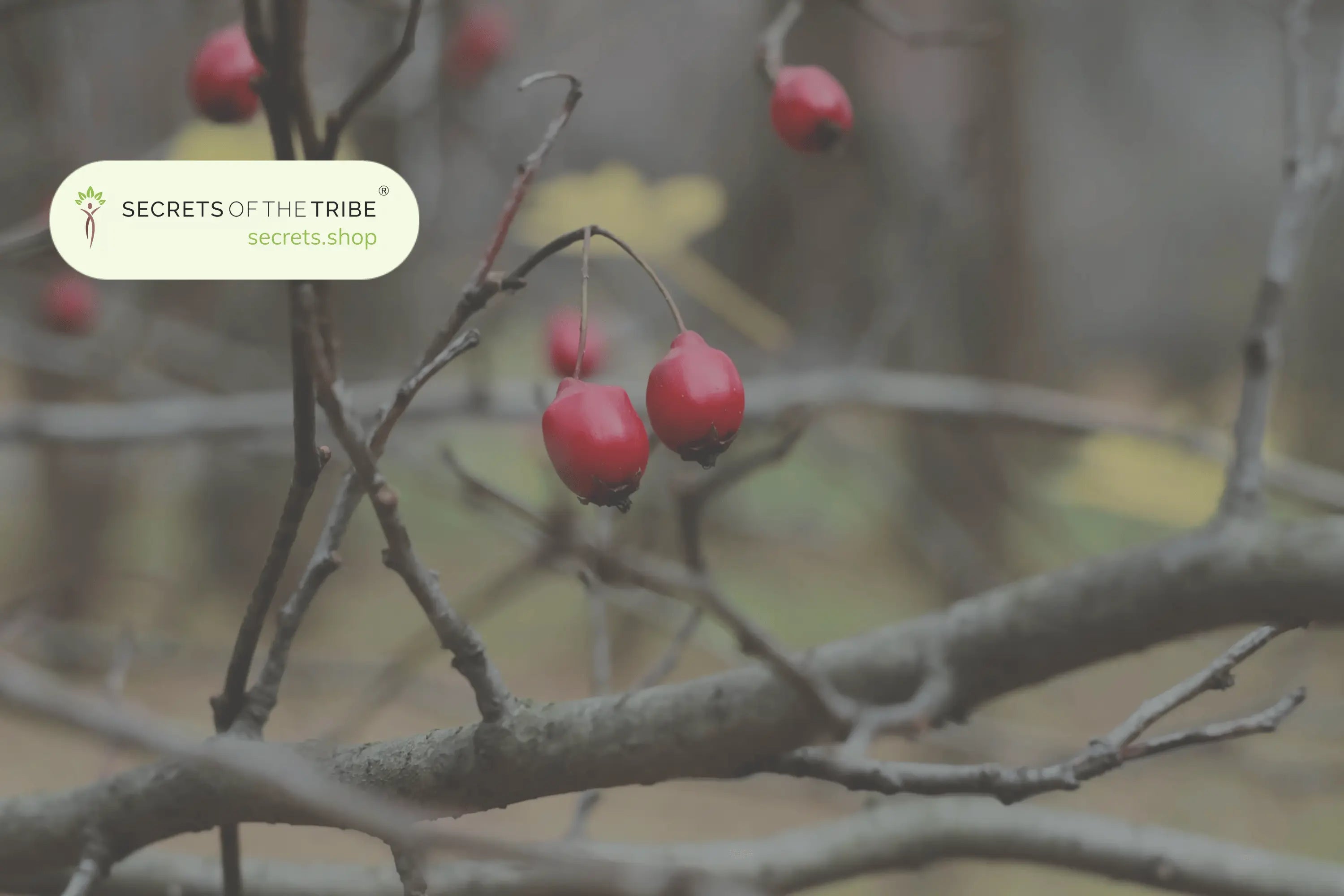Though the pharmaceutical industry may dominate the way we take medicine today, this has not always been the case. Natural herbs and natural herbs supplements have been used across time to improve our health, and many people have turned to herbs for heart health.
There are a number of herbs that have been traditionally used to support cardiovascular health, reducing inflammation and blood pressure to ensure that our hearts do what they’re intended to do: pump blood.
Today, we’ll be focusing on five of the best herbs for heart health.
Ginger Root
You may not recognize its Latin title—Zingiber officinale—but you certainly will recognize its common name: ginger. Though ginger is a flowering plant that is cultivated across the world, we mainly consume its root, also known as a rhizome. Ginger is a warm spice that is used in many dishes, from curry, to soup, to autumnal desserts like gingerbread cookies. Ginger root is often consumed on its own, as candied ginger is a delicious and spicy snack.
Not only delicious, ginger root is a proven herb for heart health. Ginger root supplements can lower your LDL cholesterol (also known as ‘bad’ cholesterol) levels, which can put you at an increased risk of heart problems, as found by this 2018 study.
Ginger root supplement comes in many forms, but if you enjoy the taste, it’s easy to add to your everyday diet.
Turmeric
Turmeric (Curcuma longa), is a member of the ginger family, so it shares many of the same properties as its sister herb. Similarly, the part of the turmeric plant we consume is the rhizome. Unlike ginger root, turmeric is a bit more mild and earthy tasting. In addition to being used in a number of foods, turmeric can be used as a natural dye, turning drab fabric into a beautiful, bright yellow color.
Turmeric is a frequent player in traditional Chinese and Ayurvedic medicine and is one of the most commonly used herbs for heart health today. Turmeric contains a powerful compound called curcumin, which is the main reason behind the herb’s effectiveness.
Curcumin has been shown to improve function within the endothelium, which is a membrane within the heart that helps control the cells within the blood. For those who are postmenopausal, one study found that curcumin may be as good for the heart as regular exercise!
Though you can eat turmeric, you may not be able to consume enough to reap the herb’s full benefits. We recommend liquid turmeric supplements to ensure that you’re getting the most out of this herb for heart health.
Hawthorn Berry
As beneficial as it is beautiful, the hawthorn berry is a tiny fruit that grows on the hawthorn tree (Crataegus monogyna). Though they look similar when young, hawthorn berries should not be confused with fruit that grows on the holly tree (Ilex aquifolium), as holly berries are extremely toxic.
Fortunately, if you purchase hawthorn berry supplements, you don’t need to worry about picking and eating the wrong berry!
Hawthorn berry supplements have been shown to reduce LDL cholesterol levels and the amount of lipids (fat) in the blood, as well as having anti-inflammatory properties. All of these things help the heart function better, making hawthorn berry a great herb for heart health.
Though hawthorn berries are technically fruit, they are not the most appetizing. Like many native berries that have not been cultivated for taste, they are extremely sour rather than sweet. Additionally, the seeds within contain low levels of cyanide, similar to an apple.
Due to this, we recommend taking hawthorn berry supplements in the form of a pill or tincture.
Barberry Root
As its name suggests, the barberry plant (Berberis vulgaris) is another plant that produces fruit. Both barberries and the barberry root can be eaten or used in supplements, but the barberry root shines as an herb for heart health.
Barberry root contains high levels of berberine, a compound that serves as an antioxidant and has anti-inflammatory properties. As the other herbs on this list have demonstrated, anti-inflammatory agents are an important thing to look for in herbs for heart health.
One 2018 study found that the berberine within the barberry root has been shown to fight high blood sugar, LDL cholesterol, and blood pressure levels. Another 2014 study revealed that the barberry’s berberine content helped lower oxidative stress, which can lead to strain on the heart.
Though barberries themselves are perfectly edible, barberry root is not an herb that is commonly seen in foods. As a result, you’ll have to take barberry root supplements outside of your regular meals.
Cardamom
Like turmeric and ginger, cardamom is a spice that is commonly seen in kitchens that is a powerful herb for heart health. The spice is made from the seeds of the cardamom plant (Elettaria cardamomum), which is native to India, cardamom has been used in meals and traditional medicine for many years. That being said, the cardamom plant has powerful properties throughout, meaning cardamom supplements come in many shapes and forms.
Cardamom is full of antioxidants, which help reduce inflammation and cellular damage, as found by this 2017 study. Additionally, cardamom has a diuretic effect, which helps remove excess liquid from the body by making you urinate more frequently. This older study from 2007 found that cardamom’s diuretic effect may be linked to lower blood pressure.
As mentioned, cardamom supplements come in many forms—capsules, tinctures, even teas—making it one of the most easily accessible herbs for heart health.




Share:
5 Herbs for Kidney Health You Should Know About
Herbs for Hormone Balance: The Best Natural Supplements to Get Your Hormones in Check